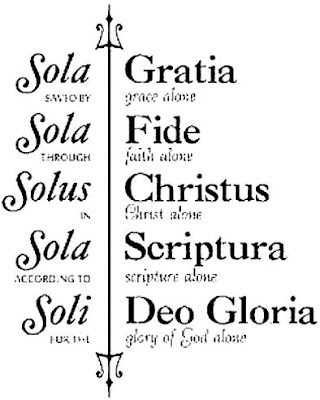Another way to consider the macabre decorations that appear on neighborhood lawns this time of year:
.... Long before suburbanites started littering their lawns with plastic craniums every October, Christians were adorning their art, tombs, and places of worship with death imagery—especially skulls. These grim symbols that pervade the Christian tradition are strange, sobering, sometimes quite funny, and deeply theological. ....Cort Gatliff, "Mocking Death," Mere Orthodoxy, Oct. 31, 2022.
Skulls in Christian art usually function as part of the memento mori tradition, a reminder that no matter what our station in life, death inevitably comes for us all. Puritan tombstones in New England provide some of the most memorable examples of this artform. In these colonial-era churchyards you’ll find, among other images, carvings of hour glasses symbolizing the unceasing passage of time, and the death’s head, an occasionally menacing but often goofy-looking skull with wings. While our modern sensibilities may find these depictions off-putting (outside of the month of October, of course), these symbols of mortality called the living to contemplate their end—not in order to cause fear and anxiety but to encourage wisdom, repentance, and faith in Jesus. ....
Far from being a celebration of death, these Halloween decorations are opportunities to reflect on the truth of the gospel: the crucifixion and resurrection of Christ has rendered our most feared foe the butt of the joke. They function like the Riddikulus spell in Harry Potter, turning our greatest fear into something laughable. Although we still suffer under the curse of death—and the suffering is indeed immense—through our tears we can defiantly, and with hope, join the Apostle Paul’s taunts, saying, “O death, where is your victory? O death, where is your sting?” .... (more)


















